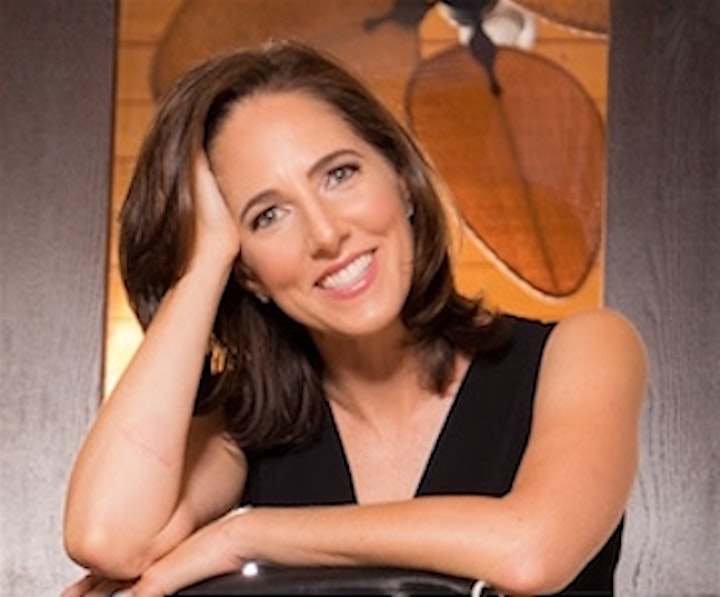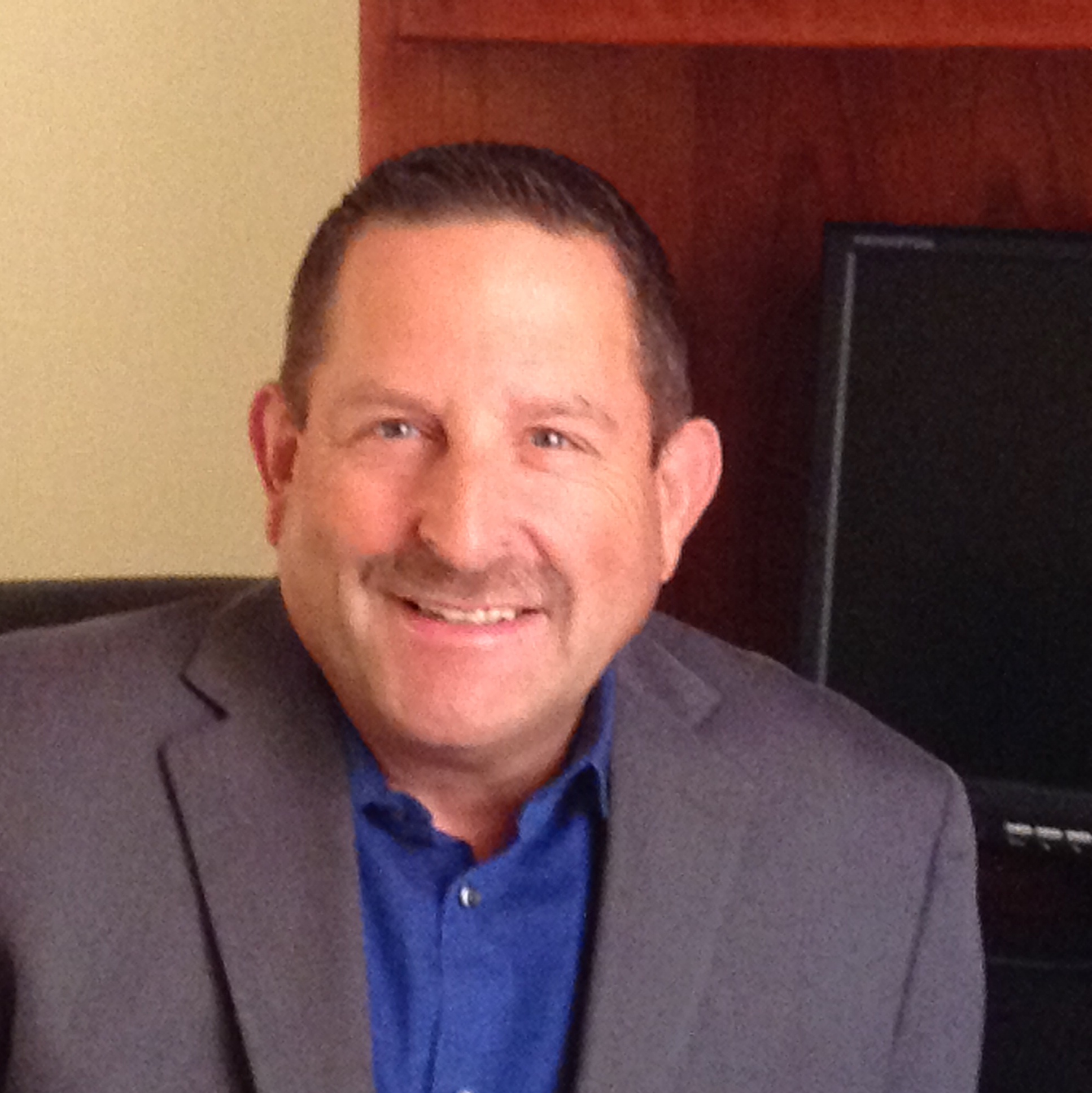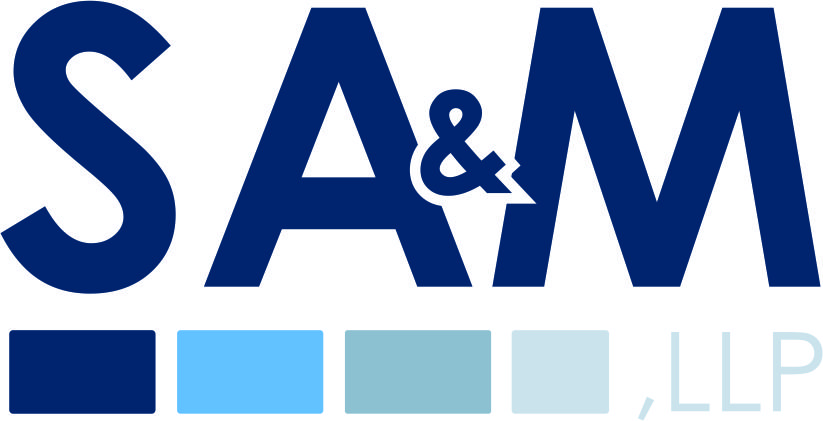We hear it all the time. We meet with a prospective client and we ask our most important question, “What are your marketing goals?” to which she responds, “Sales.”
Increasing sales is a great goal, but it isn’t a marketing goal. Marketing brings bodies to the store, but it can’t guarantee a purchase. To be frank, any marketing agency that promises an increase in sales is making false promises.
In recent years, the trend has been to synergize marketing and sales, to bring the two departments closer together. And it’s a good idea. They’re meant for one another, but the marriage between the two has caused confusion about their critical differences.
The differences between sales and marketing
To illustrate the point, let’s look at a timeless institution: the lemonade stand. You can’t sell lemonade if no one knows to come to your yard. And you definitely shouldn’t tell people to come to your yard if you have a poor product or service pitch. You can’t have sales without marketing, and you shouldn’t have marketing without a product or service to sell.
Although the metaphor gives you a general idea, the differences between the two strategies are a little more nuanced than that. You also have to take into account the type of relationship you have with your audience, time spent per customer, communication channels and how to handle your audience’s needs.
Audience Relationship
Sales is transactional. Marketing is relational. In sales, you provide a product or service and a customer provides compensation. Two dollars gets you one cup of lemonade. Sure, there’s also an exchange in marketing (you provide a value proposition and a customer provides their attention) but it’s more about the relationship. The sale is professional, and the marketing is friendly. The sale satisfies self-interest, and the marketing satisfies mutual interest. You get to know the customer through research, social media management, email marketing, etc., and the customer provides valuable data. Ideally, that data answers the tough questions, such as, “Who is our target?” and, “How and when do they want to hear about us?”
If you’re trying to sell lemonade in a neighborhood of tea aficionados, you won’t be very successful. And if you aren’t aware that your customers prefer low sugar, you may have to process a lot of refund requests for super-sweet lemonade. The answers from your marketing efforts then inform future decisions about how to get to know the customer even better. It’s a symbiosis.
Time Spent
Sales is short term. Marketing is long term. A sales team sets its sights on the short term, completing a series of one-off transactions with customers who are ready to take action. That doesn’t mean it’s easy—it simply means it isn’t as time-intensive. Marketing is a long game. Over time, a marketing team has to generate awareness, interest and, ultimately, loyalty. How long does it take? An SDL survey found that it takes two years for a brand to truly capture a customer’s trust. This means it could theoretically take up to two years’ of marketing efforts to convert a consumer to a customer. Building a relationship takes time. There are a lot of lemonades out there, so why would consumers choose you right out the gate?
Communication Channels
Sales is one-to-one. Marketing is one-to-many. Marketing is becoming more and more personalized, especially in start-ups and small businesses, but it’s still ultimately a one-to-many effort. Take a look at the marketing funnel. Marketers cast a wide net to generate awareness. As a lemonade entrepreneur, you’d put up posters in the neighborhood and sample your lemonade at community events. Of those who become aware of the brand, 1-2% will develop interest. From there, 1-2% of those consumers develop desire, and then another 1-2% of those consumers take action. Marketing communicates to the many in order to generate individual leads. It’s then up to the sales team to convert the leads to loyal customers in one-on-one interactions.
Audience Needs
Sales satisfies needs. Marketing identifies and nurtures needs. Salespeople interact with each customer to provide the lemonade, whereas marketers tell the right person that she’s thirsty—and that their company has the tastiest solution. It’s a marketer’s duty to discover the correct audiences and then to find out what they want, when they want it and how. Then the marketer executes messaging across multiple channels that answers the consumer’s questions and nurtures their need for their product or service. Basically, a marketer brings in the parched masses so a salesperson can quench their thirst.
How to choose your marketing goals
Sales can be a result of effective marketing, but the two aren’t married. Each has its own job and goal. Marketers can bring thirsty customers to the lemonade stand, but it’s up to the sales team to facilitate the transaction. All the marketing in the world won’t bring your business success if there are irredeemable issues with the sales process—or with your lemonade.
Besides, lead generation isn’t even the only possible marketing goal. Goals vary by business and can include building brand awareness, increasing brand engagement, establishing thought leadership or expanding into new markets. There are plenty of great answers to the question, “What are your marketing goals?” but “sales” isn’t one of them.
Once you understand the relationship between sales and marketing, you can set SMART goals for each one and create greater synergy between the two.
————————-
 LAUREL MINTZ
LAUREL MINTZ
Founder & CEO
Elevate My Brand
laurel@elevatemybrand.comLinkedIn|Twitter|Website
*Digital marketing, marketing strategy, business development, social media marketing
With a background and education in business and law from Rutgers University, and a passion for food, wine and lifestyle brands, Laurel’s expertise in marketing has been built and solidified through her work with prestigious restaurateurs and major brands across the nation.
Laurel established her influence as a creative marketing expert in the city of Brotherly Love. She was responsible for the production and promotion of high-profile, buzz-generating special events for Le Bec Fin, Philadelphia’s only restaurant with five stars from Mobil and a three-star Michelin rated restaurant. She developed Public House Restaurant Group’s flagship restaurant and managed the execution of their national marketing campaign strategy.
Upon returning to her native Los Angeles, Laurel took on the role of Executive Vice President and In-House Counsel for Bassett, and subsequently began consulting for beauty, food, beverage and consumer brands. Inspired by the success she found bringing her fresh approach to marketing to a wider group of clients, she founded Elevate My Brand in 2009. She now sits on the board of directors for the American Heart Association, the Fender Music Foundation, One With The Water, Ten X, and the British American Business Counsel. Laurel is also on the Social Committee for the Network of Executive Women, a Recipient of the Los Angeles Business Journal Women Making A Difference Award 2014, Keynote speaker for the Women and Business Enterprise Conference 2014, and runs her own exclusive networking group, ”The Taste Salon.” She is regularly featured in Inc. Magazine, where she has her own column, “On Brand.”
Laurel lives in Los Angeles, California, where she steers our digital marketing and event planning efforts.








